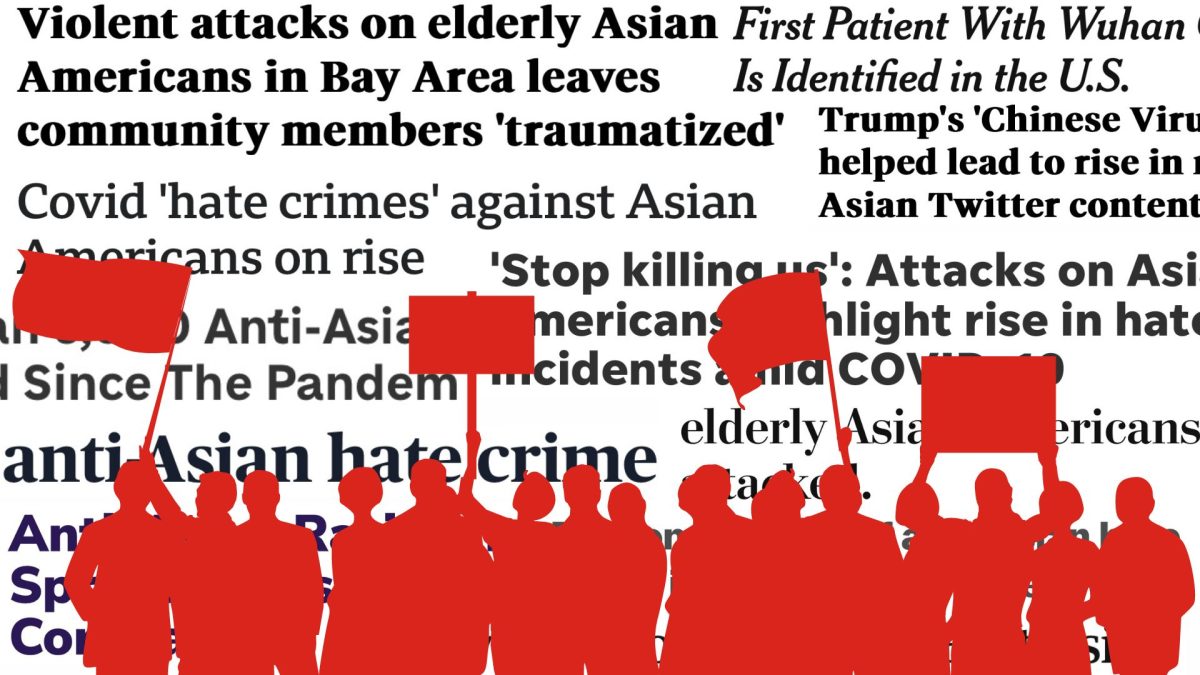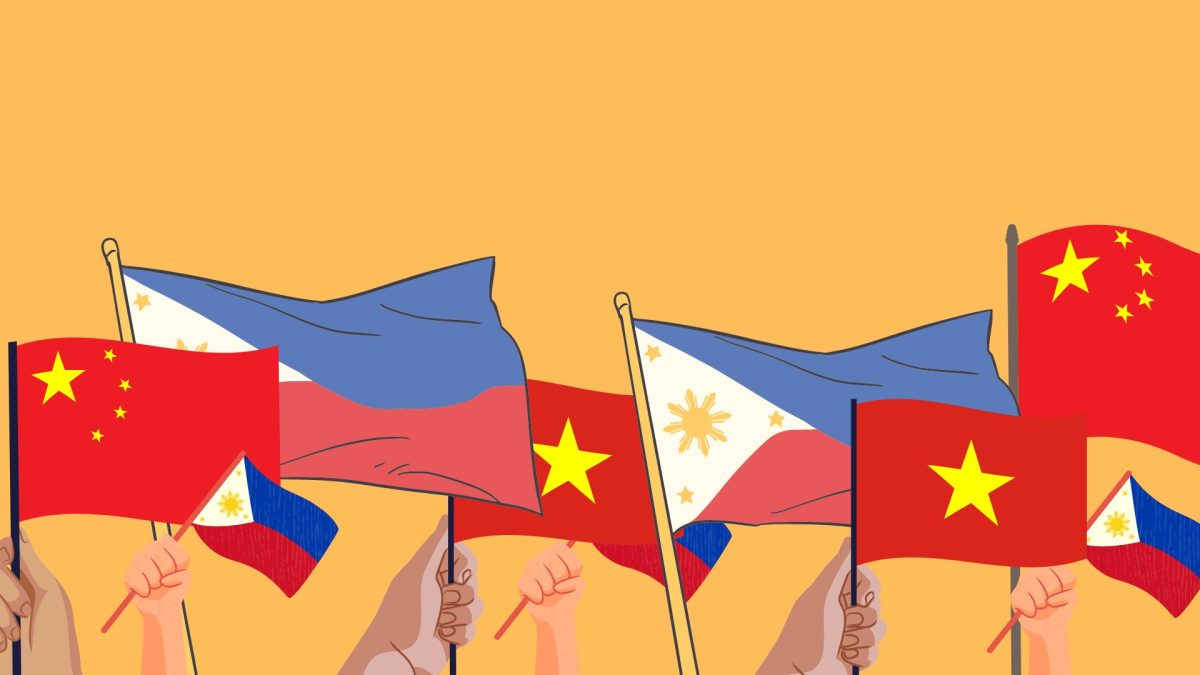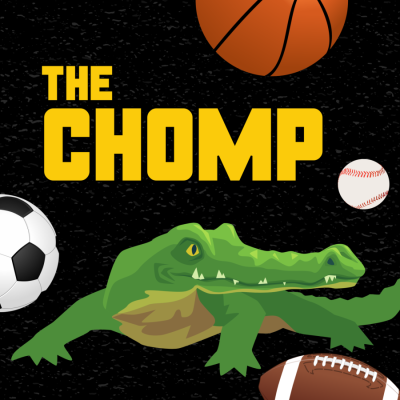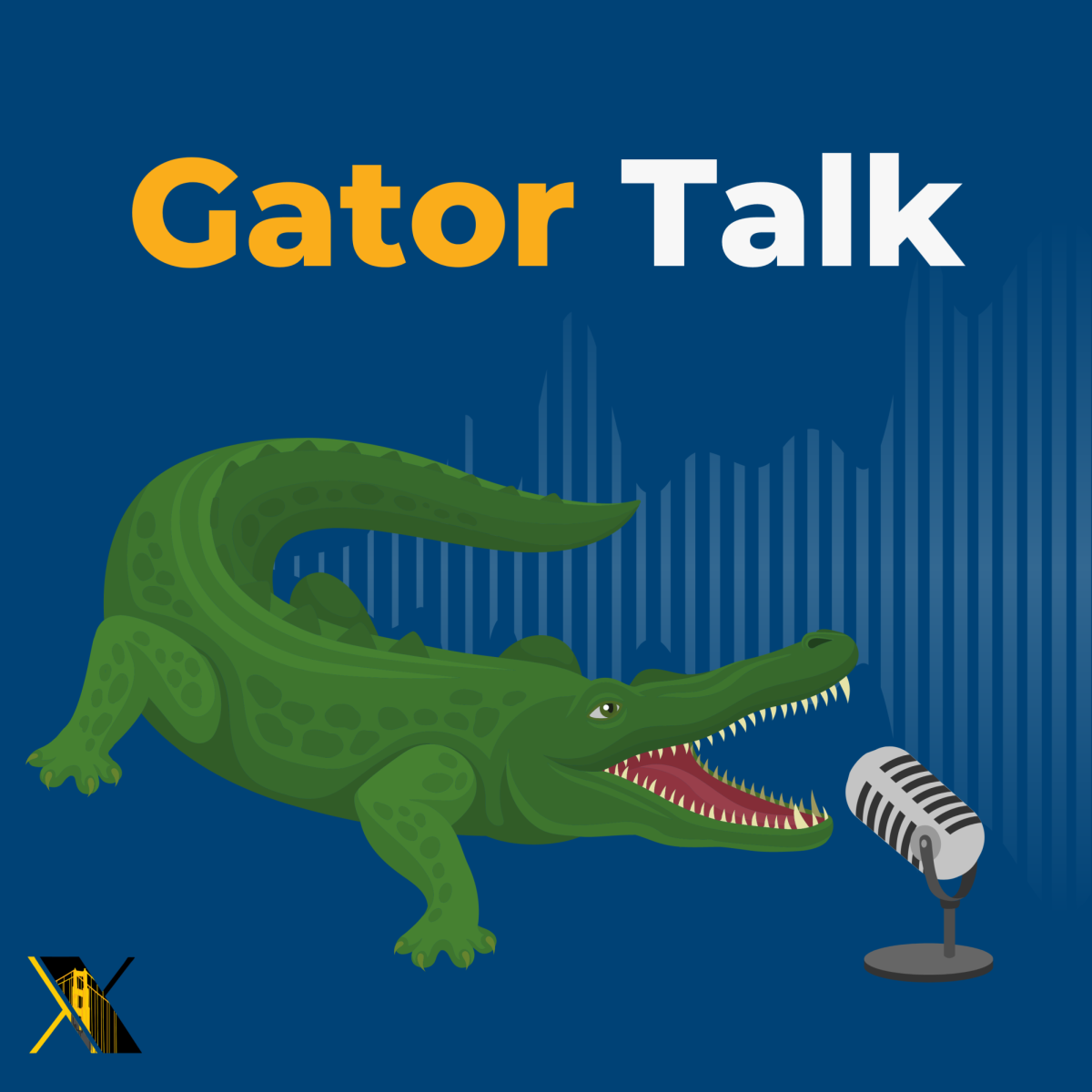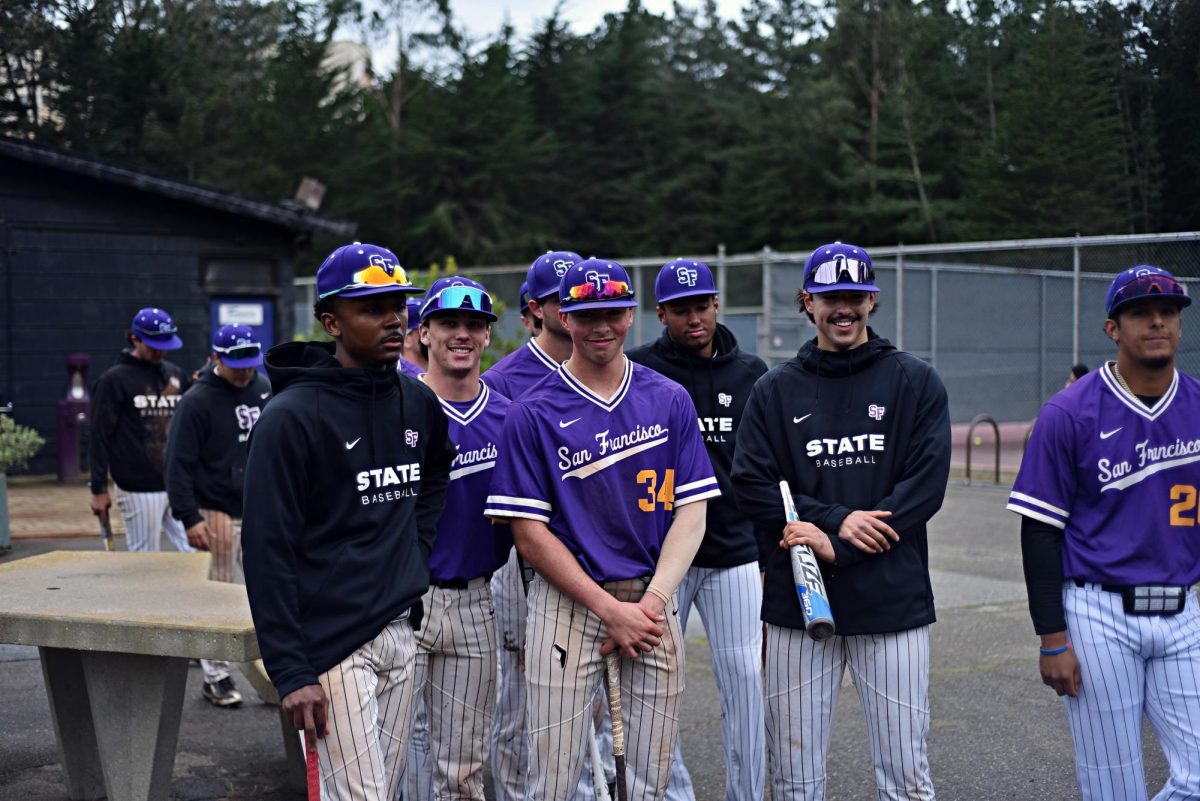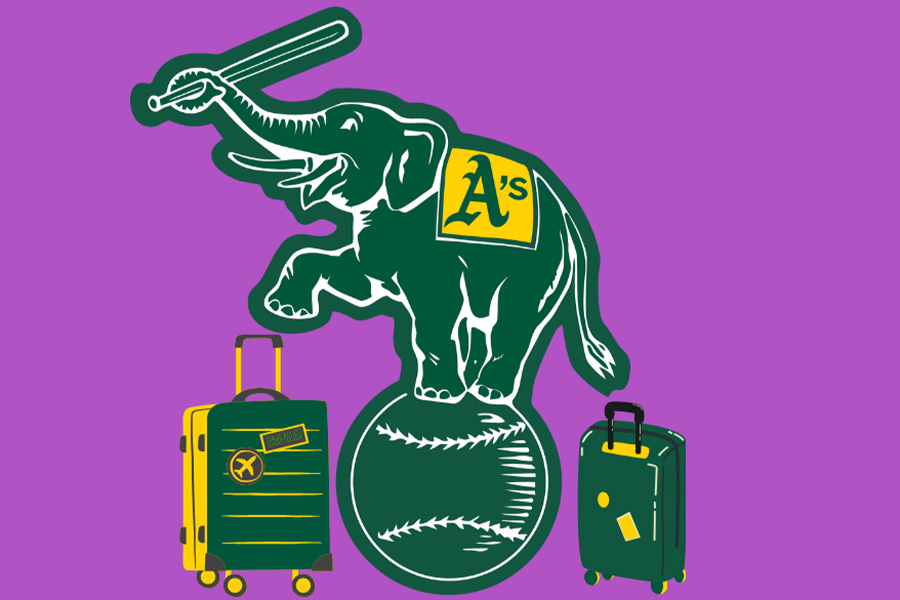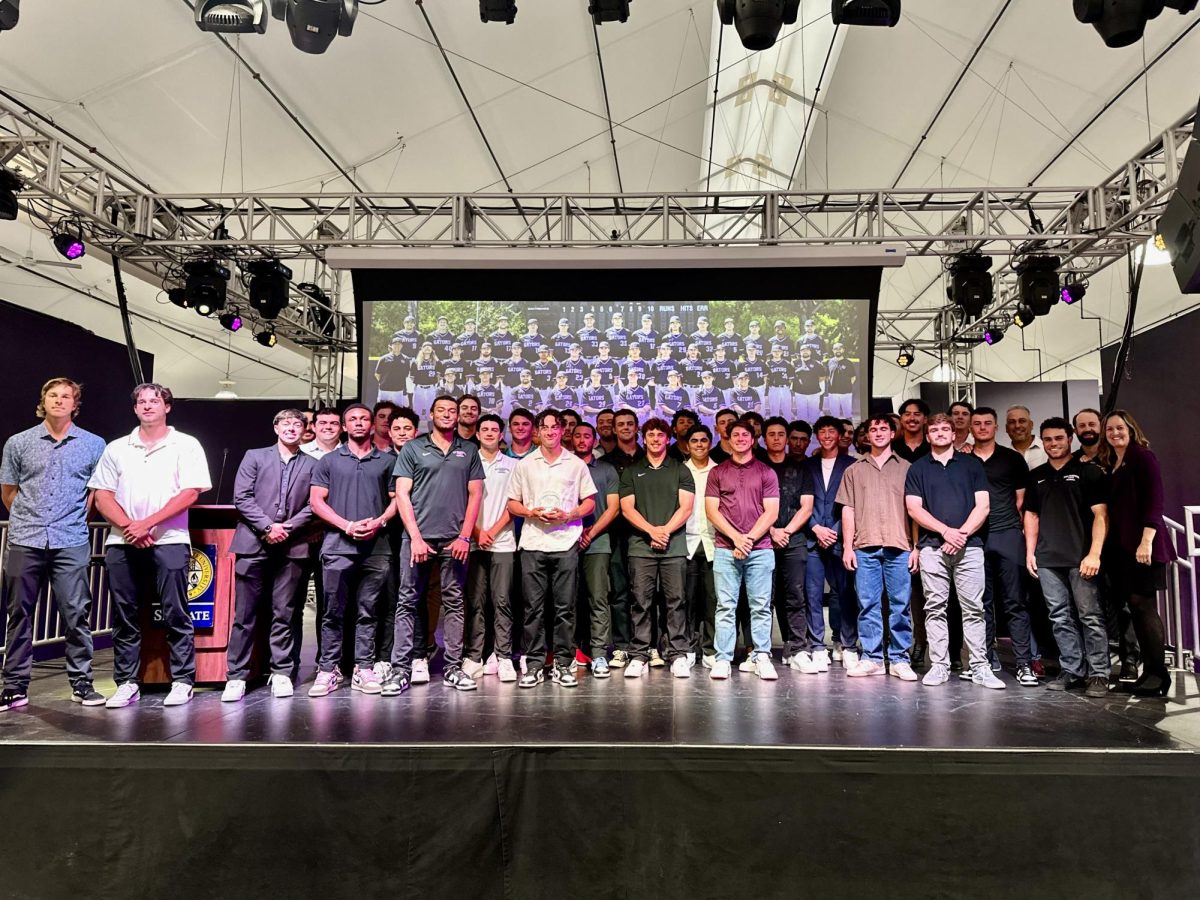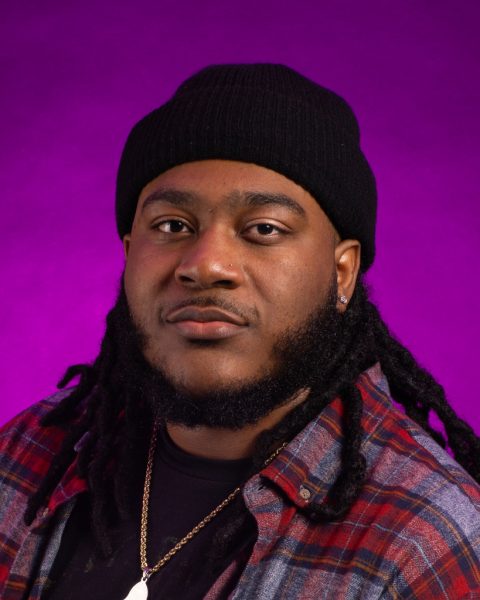It was the second-to-last point during their first-round matchup against the San Marcos Cougars in the California Collegiate Athletic Association Volleyball Tournament. Kimberly Deboer, the conference’s Setter of the Year, ran over to set a ball to help San Francisco State University secure the win and move on to the next round.
As she tracked the ball in the gymnasium lights, DeBoer got tangled up with a teammate’s foot, causing an awkward fall.
“I immediately grabbed my knee,” DeBoer said. “I definitely felt things shift around in there for sure.”
As a leader and competitor, DeBoer focused on winning the match rather than her bodily condition. The adrenaline from the game assisted in her dismissing the leftover sensation of pain that later became prevalent.
DeBoer wasn’t convinced her injury was anything substantial. At most, she figured it was just a minor sprain that would only keep her out for a game but would be manageable throughout the rest of the tournament.
“My first initial reaction was, ‘Is there any way I’m going to be able to get back and play,’” DeBoer said. “Shortly after that night, it was like, ‘Okay, I’m probably going to be out for a little bit’ and figuring out what actually happened was the next step.”
DeBoer has played volleyball since the seventh grade and battled her fair share of minor injuries, but nothing to this extent. She was in Southern California on Thanksgiving break when she received a call from her doctor confirming a diagnosis of a torn right patella tendon.
In 2023, 61% of Division II student-athletes felt overwhelmed by their responsibilities, according to an NCAA Student-Athlete Well-Being Study.
Collegiate athletes face immense pressure to perform well both academically and athletically. Managing school work, intense practices, rigorous workouts and their social lives can lead to many mental challenges that affect their daily lives — compiling that with rehabbing injuries. Transitioning to college life and working through pre-existing mental health struggles can become overwhelming.
“I think the people that aren’t in a student-athlete’s shoes will never fully understand the pressure that student-athletes experience,” DeBoer said. “It’s a very unique thing that we get to do as student-athletes to be a part of something that’s bigger than ourselves, our team. We’re representing the school that we’re going to and we’re also trying to be our best selves in every aspect of our lives that we do have here on campus.”
The initial shock after sustaining her first major injury shifted to fear of going through her first surgical procedure, which was performed by Dr. Chris Lehman, who is also the Golden State Warriors’ orthopedic surgeon.
“The hardest moments were not being able to be with the people I wanted to be with,” DeBoer said. “I couldn’t play and I couldn’t do the daily activities that I wanted to do, but it was mainly just about not being able to connect with the people that I normally connect with.“
The National Collegiate Athletic Association, with help from the Sports Science Institute, curated a guide that explores understanding and supporting student-athletes’ mental wellness during rehab recovery.
After sustaining an injury, athletes can experience a wide range of emotional responses that include: sadness, isolation, irritation, lack of motivation, frustration, anger, disengagement, and sleep disturbance.
DeBoer explained how it was difficult for her to be disconnected from her social life. Focusing on the steps to get back on her feet became her motivation.
“I was having to sit on the couch and let my leg rest,” DeBoer said. “Even though I know that’s what’s gonna help me get back, it was hard in the moment to be able to sit with myself and accept that.”
If left unaddressed, some emotional responses can develop into severe “problematic emotional responses” that are cautionary signs of mental challenges such as depression, isolation and apathy.
The severity of these emotional responses may vary, but it’s prevalent for athletes to feel supported.
Kelvin Chiu, an SFSU assistant athletic trainer, has worked closely with DeBoer and values a holistic approach to the rehab process.
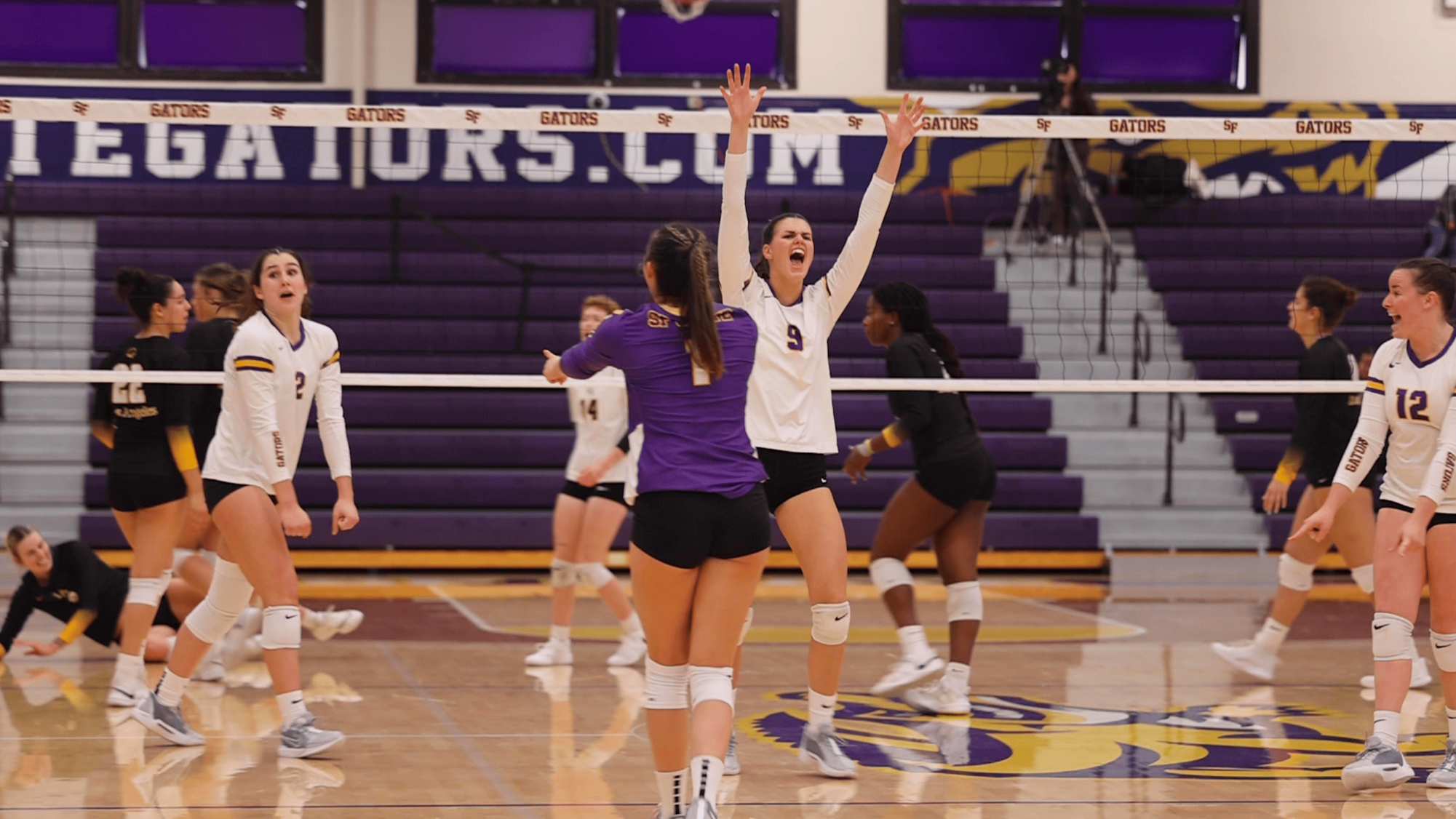
Chiu emphasized the importance of recovering athletes finding a healthy mental, physical and social balance to survive the strenuous physical therapy journey.
“That’s a major part when it comes to injury recovery,” Chiu said. “Mentally, do they think they can do it? Even though we clear them they may be afraid to play again, jump again — may be afraid to get hit or land on someone’s foot and sprain an ankle or a knee again. There’s a lot, not just physical rehab.”
DeBoer is five months into her rehab process and is currently working on regaining strength in her right leg, specifically her quad. It’s been a complete reclamation project; even regaining her normal walking gait has been challenging.
“The little things became big things because I haven’t been doing them,” DeBoer said. “It was more of, ‘Are my feet walking even? Am I driving my knee?’ Little things like that, you never have had to think about since you started learning to walk that I’m having to relearn.”
Life outside the lines
A former collegiate student-athlete, Grant Parr played quarterback for 12 years until sustaining a career-ending injury during his junior year at Sonoma State University.
Nearly 20 years and two hip replacements later, Parr serves as SFSU’s mental performance coach and has worked with the volleyball team since August 2019.
Since his arrival, Parr has implemented bi-weekly mental skills programs to enhance mindset, leadership and culture amongst athletes.
It wasn’t until his playing days were over that Parr realized along with his physical ailments came a battle with his mental health.
“I started to fall into a deep depression,” Parr said. “Didn’t know who the hell I was. I couldn’t talk to you about football. If you wanted to talk about the touchdown, the winning game, the breaking records and all that stuff — I would try to get away from that conversation real quick because it wasn’t who I was.”
Some athletes subconsciously build a sense of identity attached to their sport of passion. Many years of their lives are dedicated to training to perfect their craft. For some athletes, once they decide to walk away from the sport, they’re left finding out who they are as individuals.
Glory Smith, a former SFSU soccer player and class of 2022 alumna, transferred from Eastern Washington before her sophomore year to be closer to home and find a better balance as a student-athlete.
Smith excelled on the field without any issues. She maintained strong academic performance, which contributed to leading the team to a CCAA tournament berth in her senior season.
Smith retired from the sport after the 2021 season and expressed how her struggles with mental health didn’t become prevalent until she stepped away from the game.
Smith recalls struggling with body image issues and self-worth. She remembered lacking the motivation to continue her usual in-season training routine after stepping away from the sport. This later developed into struggles with body image that had been following her subconsciously since her adolescence.
“It took me a really long time to at least accept that I looked differently than I did as a college soccer player,” Smith said.
Everything became more challenging for her.
She described the final months of school leading up to her graduation as daunting. A life without soccer was deflating and something Smith had difficulty adjusting to.
“Quite frankly, I don’t know how people do it after they graduate, because it’s incredible,” Smith said. “There’s so many different body types, I really had to remember that I’m going through a phase of my life where I’m struggling with something, and this is a consequence, and there’s no reason to beat myself up over it.”
She recalled experiencing wavering self-worth. She found it hard to celebrate herself, accolades or any accomplishment that wasn’t tied to her performance on a soccer pitch.
“I got into therapy,” Smith divulged. “I learned a lot about myself, and learned a lot about how I react to things, handle things, why I behave the way I behave. Those are huge things that I didn’t understand as a student-athlete.”
Smith now works for the CCAA conference office and is an Athletics Leadership and Development intern. Her passions for mental health advocacy and sports motivate her to help other student-athletes navigate their journeys.
“I wish I would have taken it more seriously,” Smith said. “I thought of it as, ‘Oh, that’s not me. I’ve never been depressed. I’m not anxious.’ That was a product of the stigma growing up in my house. We always had to be tough, so I just never thought that was me.”
Preparing for the unexpected
According to the National Collegiate Athletic Association’s 2023 student-athlete health and wellness study, academic-related worries negatively impacted student-athletes mentally more than any other factor. Student-athletes reported that planning for the future, financial worries, playing time and family worries were also key factors negatively impacting their mental health.
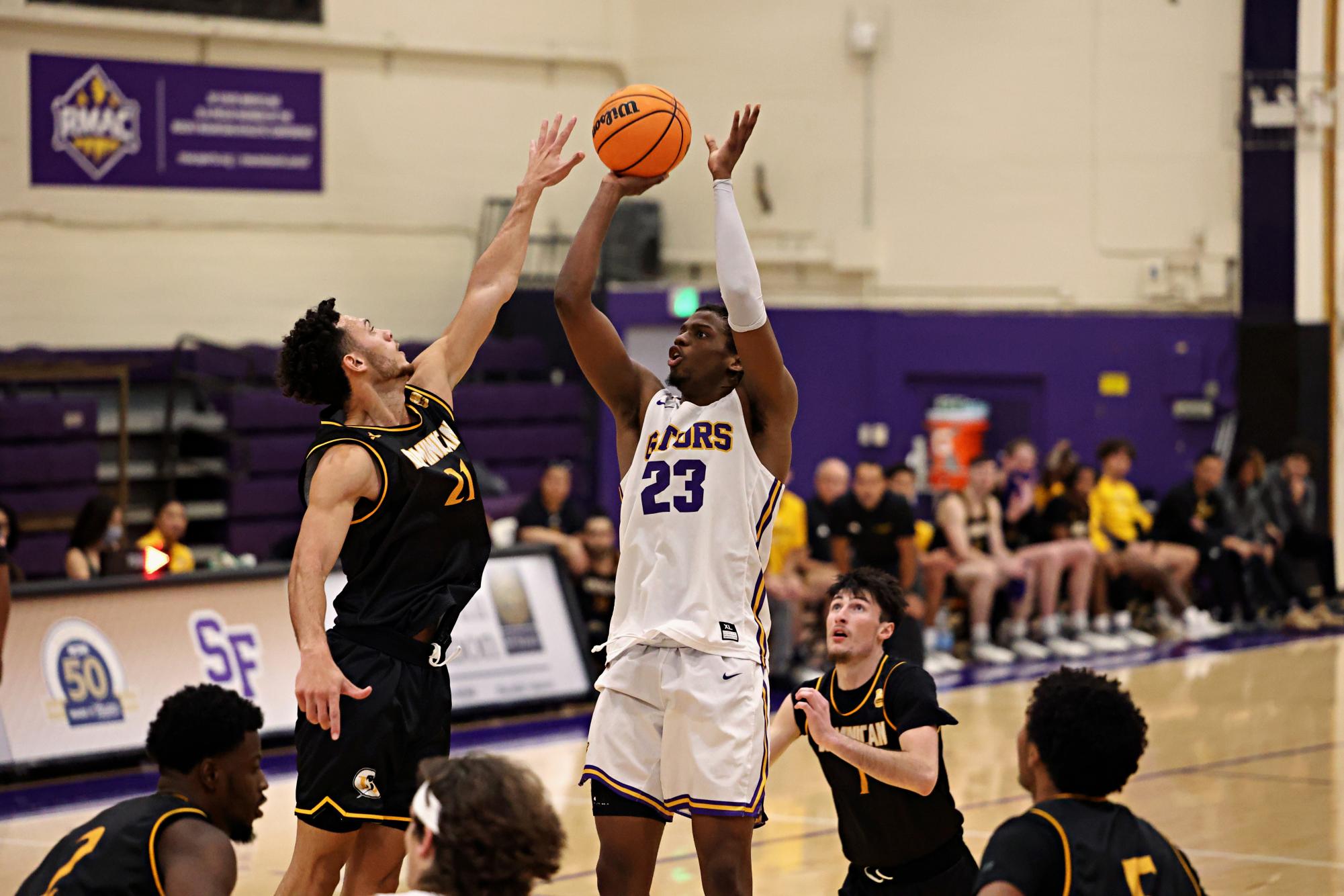
Jailen-Daniel-Dalton, a forward on the SFSU men’s basketball team, is wrapping up his first year on campus after transferring from Gavilan Community College in Santa Clara.
Daniel-Dalton was excited about the opportunity to live out his dream of playing at a four-year university.
However, his transition wasn’t the easiest.
The Mountain View native had been battling back from a nagging shoulder injury that plagued his junior season and carried over into his final season at Gavilan. Although he looked forward to working with his new teammates, the setbacks with his shoulder were still in the back of his mind when arriving on campus.
Due to the injury, Daniel-Dalton had to spend the beginning of the season working his way back to the high-energy player he once was. Even when he wasn’t at his best physically, Daniel-Dalton still felt the pressure to uphold his standards and string together strong performances.
“He didn’t talk about it, but you could tell, especially early on, that he just wasn’t super comfortable doing everything,” said Vince Inglima, the SFSU head men’s basketball coach. “He’d kind of play at 80%. Wouldn’t go after a ball that maybe he would have before and it was evident he was still a good player, so he was still able to function, but that was the process of getting him mentally believing in his body again.”
Daniel-Dalton had much more to worry about beyond the Xs and Os.
In early September, he’d just finished a team workout and returned to notice numerous text messages from his girlfriend to call back as soon as possible. Daniel-Dalton had no clue what could’ve been wrong. Once he made the call, he could hear his girlfriend hysterically crying.
While frantically driving to meet with her, Daniel-Dalton received a text.
It was a picture of a positive pregnancy test.
He sat alone in his car for 45 minutes, trying to pull himself together. While still stunned by the news, he was there to comfort his girlfriend and reassure her that he would be there to support her no matter what.
Daniel-Dalton was spread thin between working his way back from injury, staying on top of his studies and commuting nearly an hour back and forth between campus and Mountain View to be there for his girlfriend.
“It was hard,” Daniel-Dalton said. “I would get too stuck in the basketball player mode. Then, other times, I would be so caught up in worrying about preparing for this baby that I wouldn’t perform on the court the way I should have.”
Finding a way to balance his responsibilities during the basketball season took a toll on Daniel-Dalton mentally. His daily commitments ran so close together that anything unexpected could throw his entire schedule off.
“That just starts to pile up and it takes a lot of maturity to kind of find a way to balance those things,” Inglima said. “Then obviously, finding out you’re gonna be a father — well, holy cow — like that’s a pretty big deal.”
Early morning workouts, long hours in study hall and even longer commutes back home became a part of Daniel-Dalton’s daily routine. He was at risk of losing his scholarship if he didn’t maintain a certain GPA.
“Everything was to a tee and had to be knocked out in a specific order or else it would’ve just all fallen apart,” Daniel-Dalton said.
Daniel-Dalton learned from his early struggles at Gavilan Community College about the importance of prioritizing self-preservation during trying times. Those lessons helped him navigate his first year at SFSU to the best of his abilities.
“Me taking mental health so seriously before is what allowed me to do as good as I did throughout that situation, “ Daniel-Dalton said. “ I wasn’t 100% prepared but I had enough tools to help me navigate through it as best as I could and be able to realize when things are becoming too much and when I needed to turn to help or for guidance.”
It takes a village
According to the 2023 NCAA Student-Athlete Health and Wellness study, 68% of male and 69% of female athletes say there are people on campus they can trust to give support when needed.
Kimberly DeBoer has served as president of SFSU’s Student-Athlete Advisory Committee since 2021. The committee’s goal is to create a culture and community within the athletics department. SAAC also supports and advocates for any concerns that student-athletes may have.
The committee announced its 2024 mental wellness campaign in March, hosting numerous events and group activities to promote the importance of athletes prioritizing their mental well-being and being comfortable asking for help when necessary.
A website that provided athletes with resources and information regarding any mental wellness-related concerns was also launched.
“If I had Kimbo as my SAAC president, I can bet my three years there would have been significantly better,” Smith said. “It makes people feel like they have an aligned value and aligned mission and goals within the athletic community.”
Establishing a safe place for fellow athletes to feel comfortable and not be judged for being vulnerable about personal struggles has led to the growth of the SAAC community.
“It’s so helpful to be able to talk through situations with people and if it is hard, it is OK,” DeBoer said. “It’s a process to make you better so that you can continue to succeed in your life. Whether you know it now or not, it is setting you up for something in the future that is going to benefit you a hundred times more than you could have ever imagined now.”




